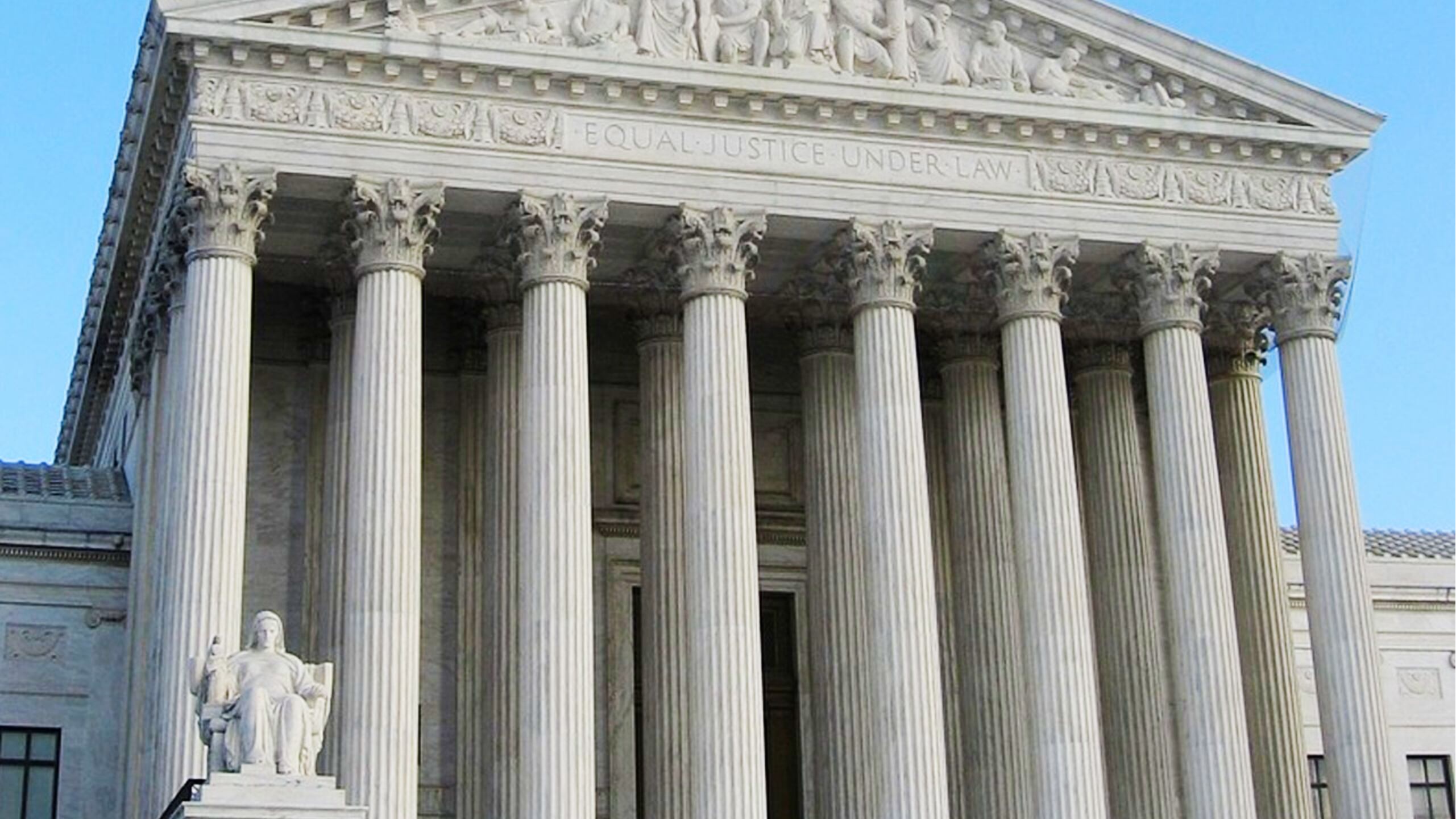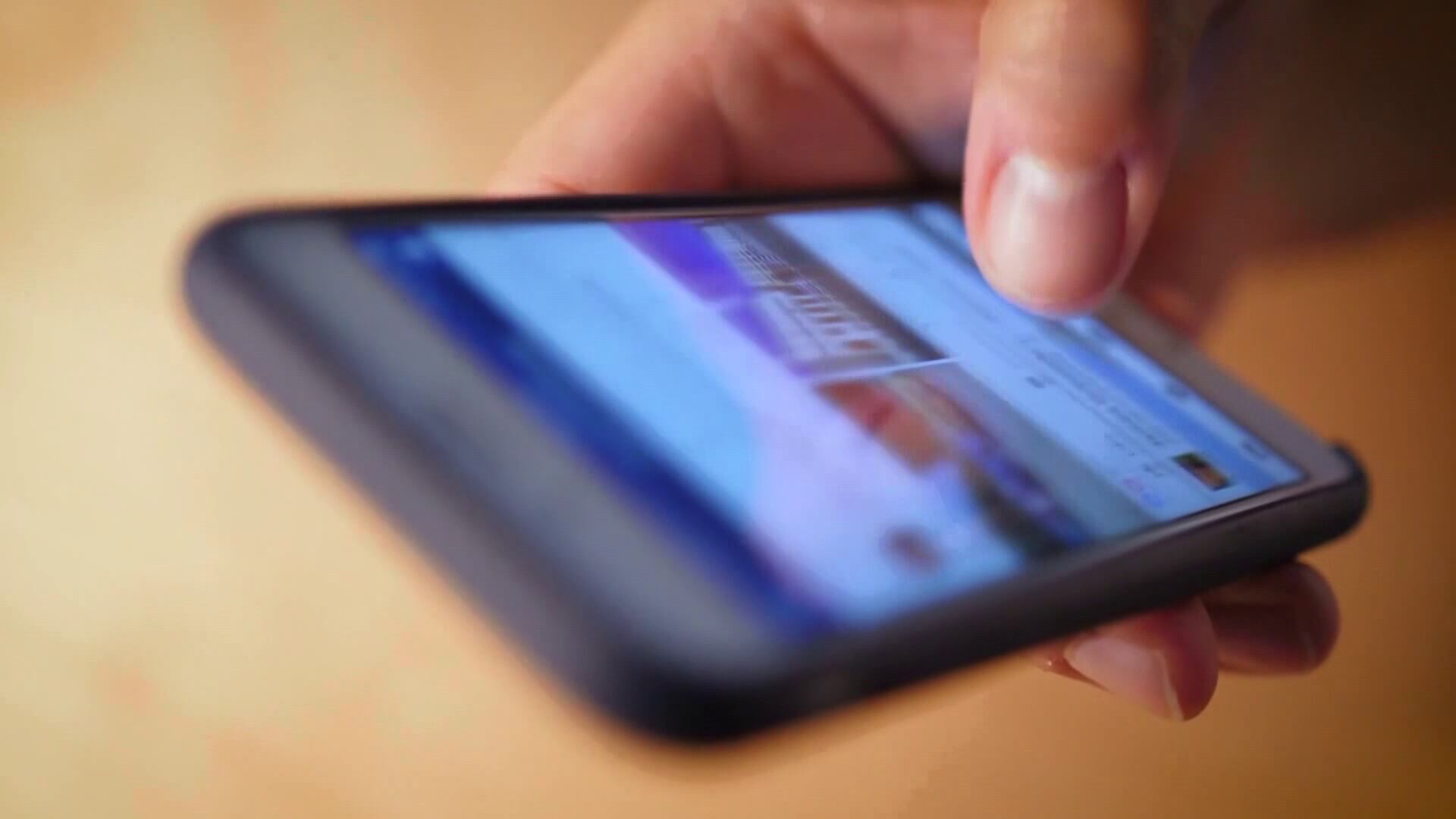South Carolina poised to impose Medicaid work mandate
COLUMBIA, S.C. (WRDW/WAGT) - Many South Carolinians receiving government health benefits right now could soon be required to work to keep receiving this coverage.
Gov. Henry McMaster says South Carolina is looking to impose a work requirement for adult Medicaid recipients – once President-elect Donald Trump is back in office.
During the first Trump istration, South Carolina had been approved to enforce work requirements for Medicaid recipients.
But they never went into effect because of the COVID-19 pandemic – and the Biden istration hasn’t allowed states to impose these mandates.
South Carolina will soon ask for them to be reinstated.
MORE FROM NEWS 12
South Carolina: News from the State House

- Federal officials sue, saying S.C. mental health patients deserve better
- S.C. lawmakers looking to reinstate school voucher programs
- Why are more and more students absent in South Carolina?
- With leaders picked, S.C. lawmakers are ready for next session
- South Carolina ramps up help for Alzheimer’s caregivers
“They have to do something other than just stay home or do nothing. That is a very simple requirement,” Gov. Henry McMaster said. “We think it is essential.”
McMaster has already directed the South Carolina Department of Health and Human Services to be ready to submit a request to enforce a Medicaid work requirement.
He wants it submitted as soon as Trump is inaugurated.
“If you have able-bodied adults, able-bodied, they ought to be work if they’re going to receive benefits from the taxes of everybody else,” McMaster said.
Court to weigh S.C. move to cut off Planned Parenthood funds
The Supreme Court will consider South Carolina’s move to cut off Medicaid funding to Planned Parenthood, the latest abortion-related case.

If South Carolina’s waiver is approved, this requirement would apply to adults ages 19 to 64 who are not disabled – about 200,000 people right now.
It would require them to work at least 80 hours a month or log that same amount of time in job training, taking classes or volunteering to keep receiving these benefits.
Sue Berkowitz, director of the South Carolina Appleseed Legal Justice Center, is wary.
“I always am concerned when we’re adding requirements onto programs,” Berkowitz said. “I mean, health care is not about work. People need health care.”
S.C. death row inmate makes final appeal, says lawyer wasn’t prepared
Marion Bowman Jr. will be the next inmate set for execution in South Carolina, where the state Supreme Court could set a date as soon as Jan. 3.

The center, which advocates for lower-income South Carolinians, says many Medicaid recipients who can work likely already are – or are trying to find a job.
But they fear some could lose their coverage because of istrative burdens – or barriers like not having transportation to work.
“Or when we’re at a lower unemployment rate, there may not be jobs available for the people who are actually looking for the work, and what we want to do is make sure that we’re not making it punitive, that we’re really helping people succeed in work,” Berkowitz said.
Under South Carolina’s request, this requirement would not apply to people living in a region where unemployment is 8% or higher – or when the statewide rate is that high.
Local districts roll out cellphone bans to meet S.C. mandate
When South Carolina students from kindergarten through high school return from their winter break, a big change will greet many of them.

Around a dozen groups would also be exempt from this requirement.
They include primary caregivers of children or disabled adults, individuals who are pregnant or up to a year postpartum and people whose doctors affirm they have a medical condition that prevents them from working.
Copyright 2024 WRDW/WAGT. All rights reserved.














